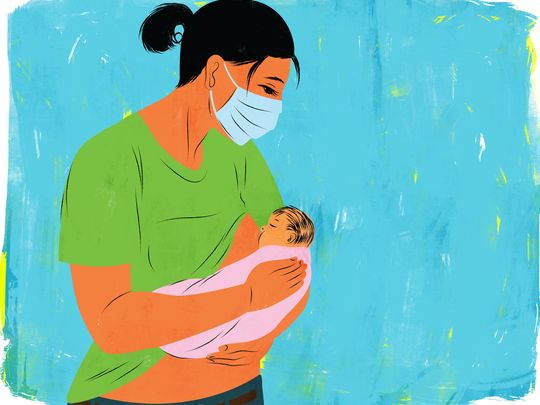
If you've recently had a baby during the pandemic then you have already dealt with an unprecedented amount of stress. But new parenthood can be an anxious experience even at the best of times, says Dr Rose Logan, clinical psychologist at The LightHouse Arabia:
"While women all around the world have been giving birth for millennia, it is no mean feat. The physical, hormonal, emotional, and psychological changes are momentous. I think I took it as a negative when my husband told me I had changed after I had our first child. But on reflection, I think it was as inevitable as the sleepless nights."
The sense of responsibility and love can be intoxicating and the physical and emotional requirements in those early months can be incredibly demanding, even without the added worry and restrictions of a deadly virus on the loose. "So it is easy for women to lose sight of who they are and what they need," says Dr Rose. "That doesn’t mean to say that women come out of this transition for the worse, but it may take a little bit of time and effort to identify who they are and what they want in light of these changes.” Below Dr Rose Logan highlights some of the key challenges facing new mothers in the UAE...

1. Sleep
“Sleep (or a lack of it!) is probably one of the biggest challenges for mums in the early weeks and months. Breastfeeding and feeling confident that your baby is getting enough milk can be a huge focus and worry for many new mums. For first-time parents, having a baby often means a big change in their day-to-day life. It is harder to be spontaneous and, while babies are entrancing, taking care of them can feel repetitive and stressful.”
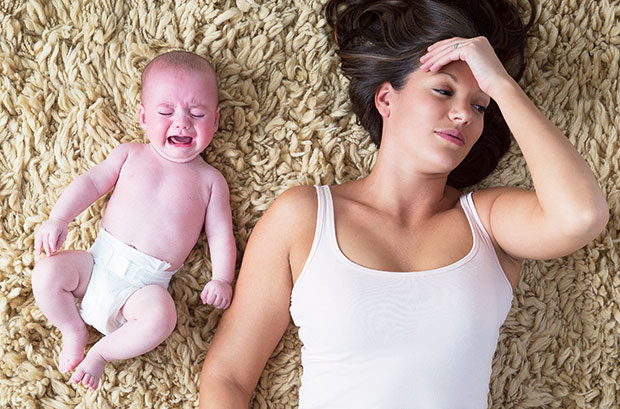
2. Postnatal depression
“In the first year of giving birth, more than 1 in 10 women are affected by PND. However, many women report feeling down, tearful and anxious in the first couple of weeks after having a baby. This is quite expected and is often referred to as the ‘baby blues’, but should not persist past the first two weeks.
“Symptoms that persist after the first two weeks or start after the first two weeks should be taken seriously and a consultation with a health professional should be sought. Changes in the intensity and frequency of symptoms can also indicate that an individual is experiencing depression. Symptoms might include persistent low mood, or feeling sad, loss of interest or pleasure, lack of energy, disrupted sleep, difficulty bonding with your baby and withdrawing from others. This is not an exhaustive list and anybody who is concerned they may have post-natal depression should seek support.
“As well as depression, anxiety can be a struggle for new mums as they adjust to the demands of parenting. In addition, and much more rarely, some mums experience psychosis in the post-natal period. It is not possible to predict who will or won’t develop post-natal mental health concerns, although there are some known risk factors such as a history of depression or other mental health problems.”
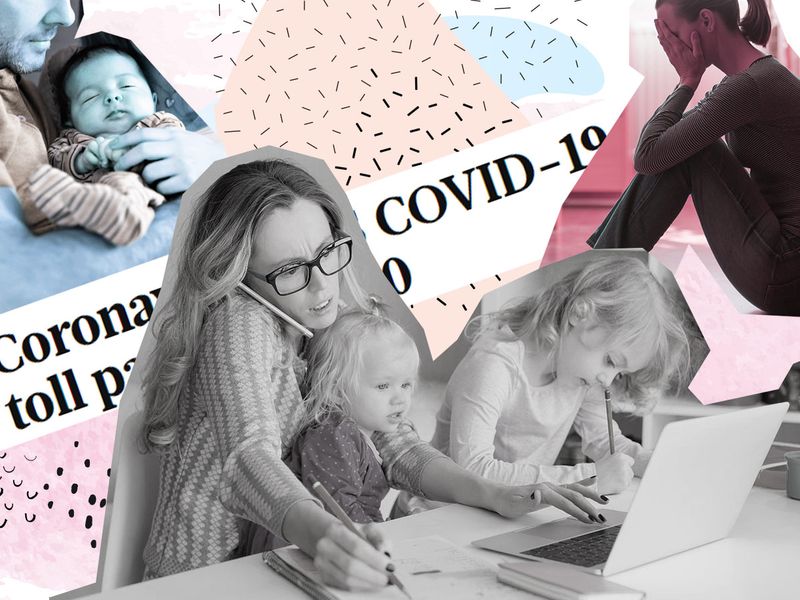
3. Too much information
"Parents now have 24-hour-a-day access to information about things like developmental milestones and medical advice at their fingertips." Add to this the emotionally charged rollercoaster of news about the Coronavirus and who could blame a new mother for feeling overwhlmed? "I think that there is such a thing as too much information and particularly when some of the advice online is conflicting and, even worse, sometimes incorrect. This can make it difficult for parents to listen to their intuition about their babies. Advice from family, and cultural differences in parenting practices can sometimes make it hard for parents to feel autonomous."
The pandemic has also exposed the harsh reality of parenthood as an expat, with travel restrictions meaning that the majority of new mums and newborn expat babies will not get to see their parents or grandparents as they may have hoped and dreamed about. "On the other side of the coin, a lack of support is a concern for many women, especially as many people are in the UAE without family or close friends. Social media can also put a lot of pressure on new parents. They can see other women getting back to the gym and living what seems like a fabulous life with their babies, and comparisons are easy to fall into.”
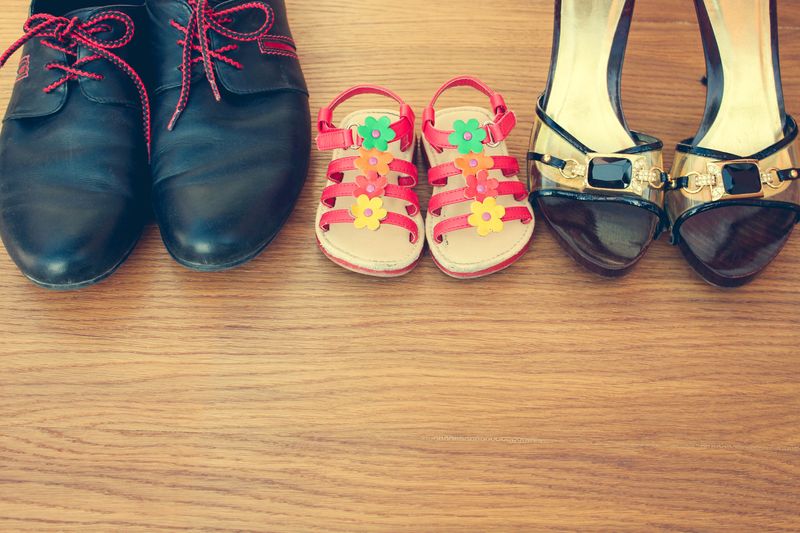
4. Relationship strain
“The transition affects the relationship dynamic between husband and wife too and can put strain on the couple. Dads certainly have their own transition to manage, too, not least seeing their wife become a mother. But although dads themselves may not have the physical changes to contend with, they certainly have emotionally, psychological and even hormonal shifts. They may feel concern or worry for their wife and baby and will also be managing with less sleep and increased responsibility.
“Men often feel the burden of financial worry and taking care of the family and this can be very stressful. Changes in the relationship dynamic and their role in the family can also affect dads. Men can experience post-natal depression, but it often goes unrecognised. Symptoms may include withdrawing from family life, work and social life, fear and helplessness, anger, difficulty making decisions, changes to appetite/weight and other physical symptoms.”
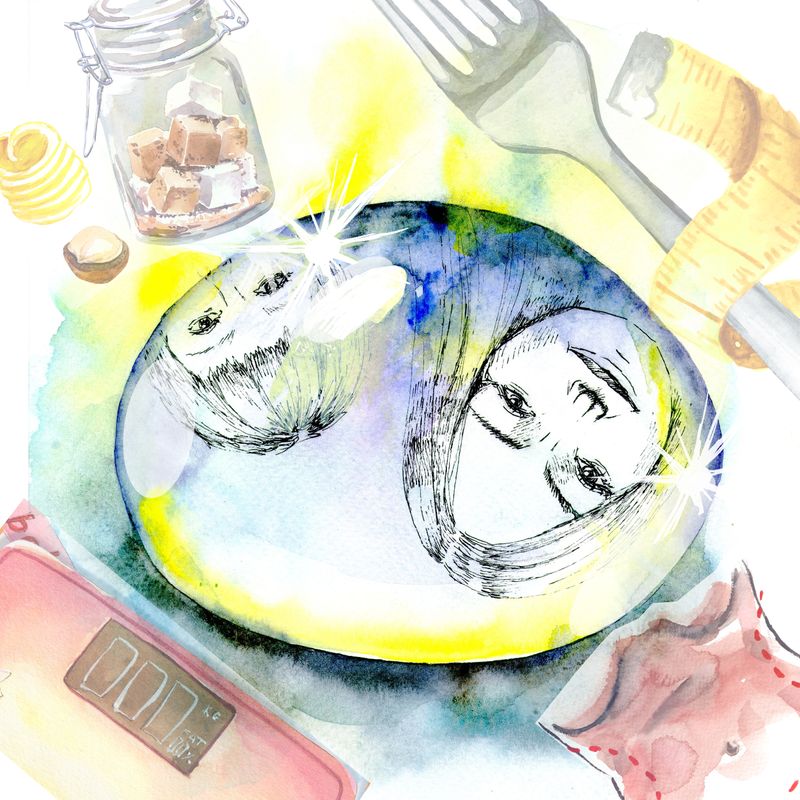
5. Identity shift
“Focusing on ‘going back’ to who you were before being a mother may not be a helpful goal. Listen to yourself and make time to reflect on how you are feeling and what you need now.
“I always encourage mums to consider where they are putting their energy. For many mothers, their time is whittled down by the needs of their children and so time and energy become even more precious resources to be spent wisely. It is important to stop and question whether you are saying ‘yes’ and doing things because you think you should, or because you worry what others will think of you, or because they feel fulfilling to you personally.
“It is important to keep listening to yourself. What you weren’t ready to do six months after you had your baby may be exactly what you need after 18 months.”
Read more:









